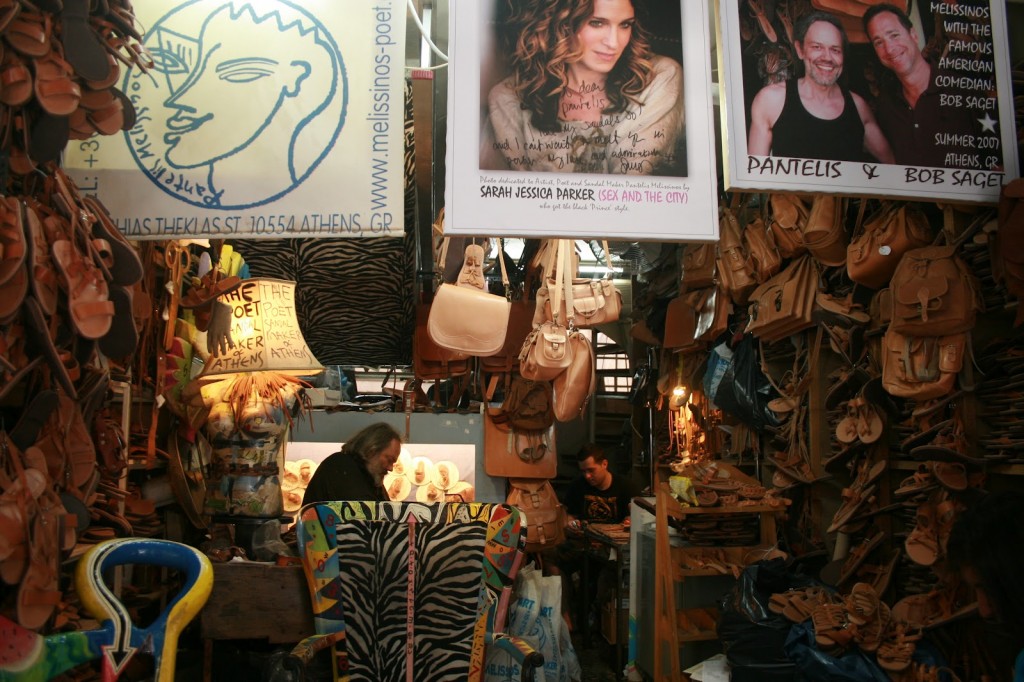From the Athens & Epidaurus Festival 2012 programme of events:
“Last year we talked about finding order in pessimism. So what should we talk about now that we are one step further on, or rather one step further down? About rage or indignation or both? Or maybe, despite everything, about hope?
Is one step further far enough? Can art really help? Is it necessary? Or has this crushing crisis rendered it useless and redundant? Can art alleviate the anxiety? Or just help us see things from a different perspective, distance ourselves a bit, acquire another sensibility, while still being ready for the battles ahead?
And while a thousand questions remain unanswered and everything points to us being all at sea with no safe haven in sight – and if the state of things is gauged in terms of public debt, recession, the cult of austerity, the new poverty and unemployment – then on the other hand the search for a new identity, dignity, transcendence, and opportunities for young people can only emerge as the necessary counterweight […] History did not end; it never ends, it is simply manifesting itself as a crisis, primarily of values. And when a society is brought face to face with critical problems, it usually works to the benefit of art and culture.”
-Yorgos Loukos,
Chairman & Artistic Director
I don’t want to jump on the tail of any of the blog posts that haven’t gotten up yet about our experiences as audience members at either Schaubuehne Berlin’s The Return of Ulysses or Elliniko Theatro’s Socrates NOW, but it’s very clear that the state of things here is playing a very active (and vital) role in the state of theater. Both as young artists and audience members, it’s an unnerving, artistically dangerous, and extremely exciting time to be in Greece.
Annika


